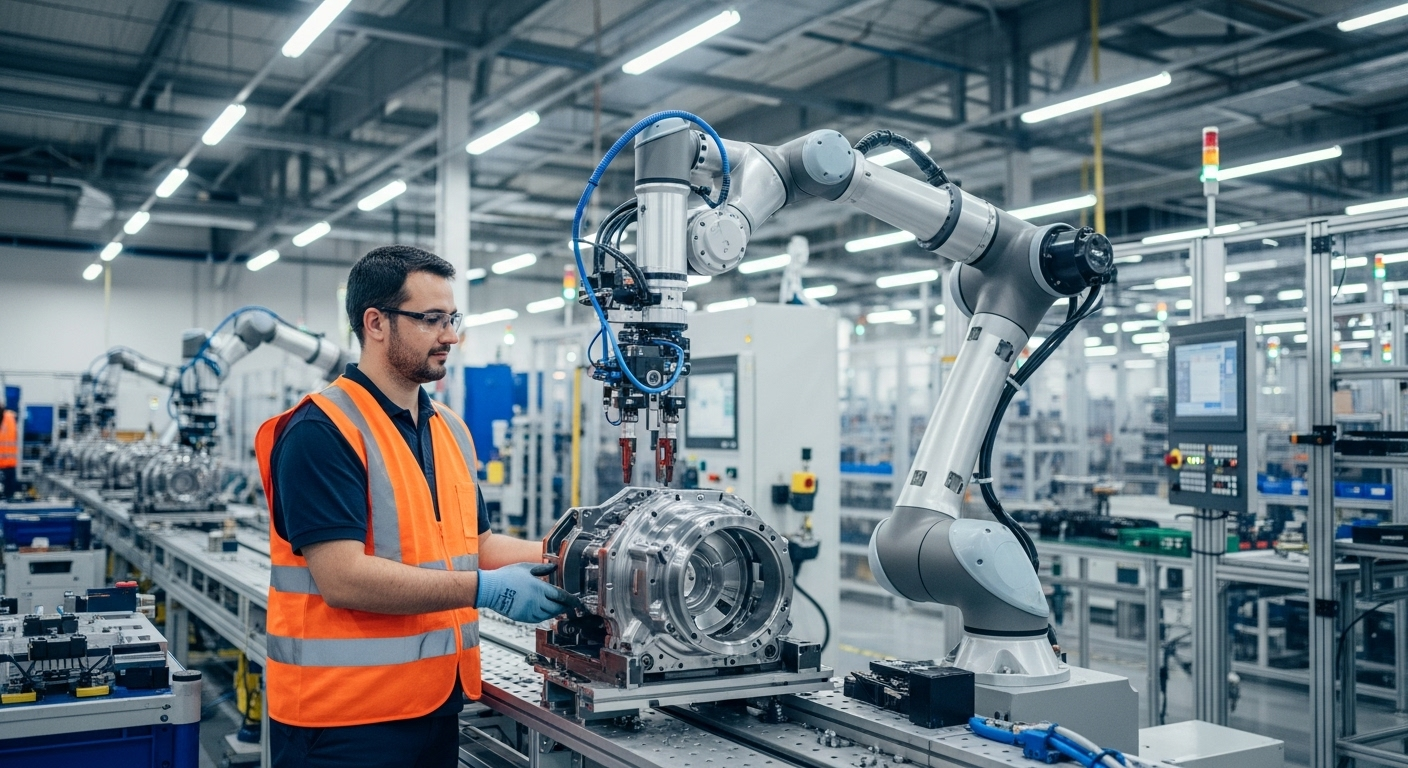HVAC Jobs in Australia – Careers with Regional Heating and Cooling Companies
In Australia, HVAC companies engage workers for installation, scheduled inspections, and system maintenance in residential and commercial environments. Teams follow structured tasks with attention to safety and efficiency. Regional and proximate companies coordinate projects across cities and suburban areas.

Understanding HVAC Industry Career Paths
The HVAC industry encompasses various professional roles and specializations. Common career paths include service technicians, installation specialists, system designers, and project managers. While these positions represent typical roles in the industry, actual job availability and requirements vary by employer and location. Professional certification and licensing requirements must be verified through official channels.
Required Qualifications and Skills
To work in Australia’s HVAC sector, professionals typically need specific qualifications, though requirements vary by role and jurisdiction. Standard prerequisites often include:
-
Certificate III in Air Conditioning and Refrigeration
-
ARCtick license for handling refrigerants
-
Relevant state/territory trade licenses
-
Workplace health and safety certifications
Industry Growth and Opportunities
The HVAC industry continues to evolve with technological advances and environmental regulations. While the sector generally maintains steady demand for skilled professionals, employment prospects fluctuate based on economic conditions, seasonal factors, and regional development. Interested individuals should monitor official employment statistics and industry reports for current trends.
Regional Industry Overview
HVAC services are needed throughout Australia, with varying demand patterns across states and territories. Metropolitan areas typically see consistent service requirements, while regional areas may experience seasonal fluctuations. This information reflects general industry patterns rather than specific job availability.
Professional Development Paths
Career advancement in HVAC typically involves:
-
Continuing education and upskilling
-
Specialization in specific systems or technologies
-
Business management training
-
Industry certifications and licenses
Note that actual advancement opportunities depend on individual employers and market conditions.
Salary and Compensation Guidelines
The following information represents general industry salary ranges based on experience levels. Actual compensation varies significantly based on employer, location, and specific role:
| Experience Level | Typical Annual Salary Range (AUD) | Common Benefits |
|---|---|---|
| Entry-Level | $45,000 - $55,000 | Training opportunities |
| Mid-Level | $55,000 - $75,000 | Tool allowances |
| Senior-Level | $75,000 - $100,000+ | Vehicle provisions |
Prices, rates, or cost estimates mentioned in this article are based on the latest available information but may change over time. Independent research is advised before making financial decisions.
Understanding the HVAC industry’s structure and requirements helps inform career planning decisions. While this overview provides general guidance, individuals should consult official employment resources, training providers, and potential employers for current opportunities and specific requirements in their region.




